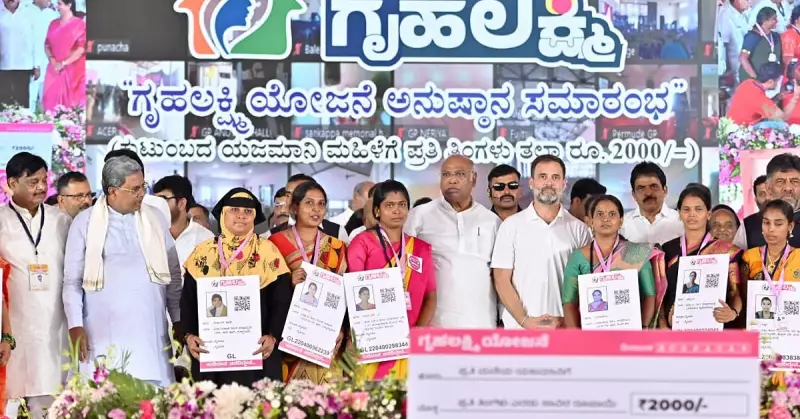
A groundbreaking study examining Karnataka's flagship Gruha Lakshmi scheme has revealed a compelling paradox: while women beneficiaries demonstrate remarkable financial management capabilities, persistent payment delays are creating significant financial stress in households across the state.
Financial Control in Women's Hands
The research indicates that the majority of Gruha Lakshmi funds remain under women's control, challenging traditional assumptions about financial decision-making in Indian households. Women beneficiaries are primarily utilizing these funds for essential household expenses, demonstrating prudent financial management.
"Our findings show that women are making strategic decisions about how to allocate these resources," the study notes. "They're prioritizing family needs, education expenses, and daily necessities over discretionary spending."
The Delay Dilemma
Despite the scheme's positive impact on women's financial agency, irregular and delayed payments are undermining its effectiveness. The study highlights how these delays force families to:
- Rely on high-interest loans from informal sources
- Postpone essential purchases and bill payments
- Experience increased anxiety about meeting basic needs
- Make difficult choices between competing financial priorities
Systemic Challenges Identified
The research points to several administrative hurdles contributing to payment delays:
- Technical glitches in the beneficiary verification process
- Bank account linkage issues
- Documentation discrepancies
- Communication gaps between different implementing agencies
Path Forward: Recommendations
To maximize the scheme's potential, the study proposes several key improvements:
Streamlined payment systems that ensure timely disbursement of funds could significantly reduce financial stress. Additionally, better communication channels between authorities and beneficiaries would help manage expectations during processing delays.
The research emphasizes that while Gruha Lakshmi represents a significant step toward women's financial inclusion, addressing the timing and reliability of payments is crucial for achieving its full intended impact.
As one researcher concluded, "When women have predictable financial resources, they can plan better, invest wiser, and contribute more effectively to their family's economic stability."






